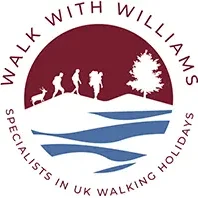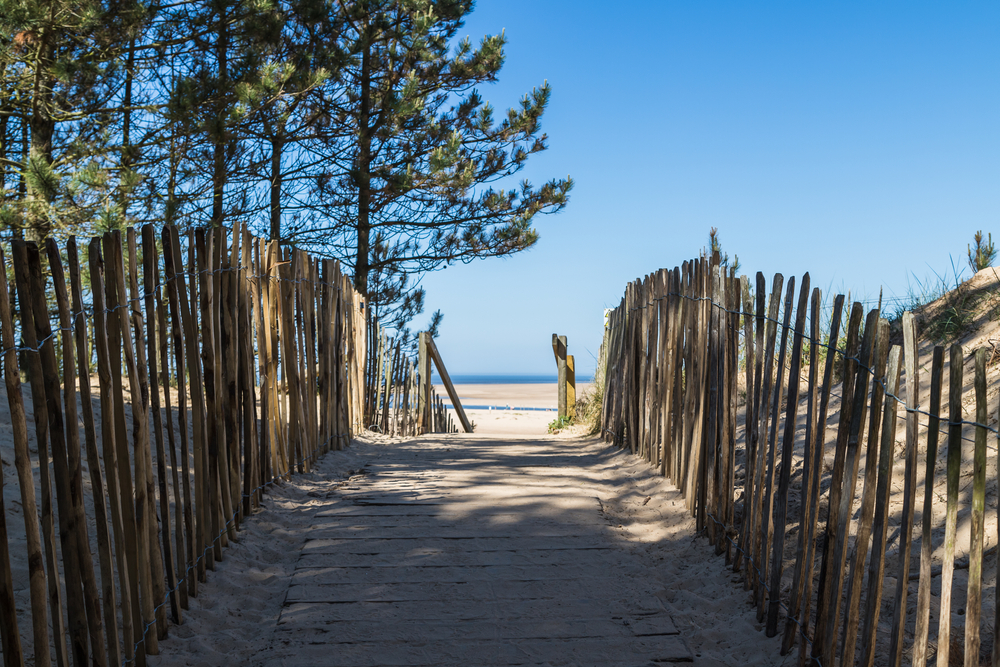Going on a walking holiday should be relaxing and stress-free. But careful preparation is important. So, we’ve put together our top ten tips for a successful trip that will help to ensure that any problems are kept to a minimum:
1. Choose your time
Walking in crisp Winter weather can be fantastic, but more often than not the British countryside from November to March is damp, cold, and muddy. And the days are short. The optimum seasons for walking are the Spring and Autumn when the weather tends to be more temperate and the days are long. The Summer can be great too, although if the weather gets hot then you need to take precautions to avoid overheating and sunburn.
2. Prepare physically
If you have not done much walking or do not exercise on a regular basis, then do some preparatory walks beforehand (say 3 to 5 miles). Remember, walking is one of the best types of all-round physical exercise.
3. Pack Light
Carrying too much stuff can turn your trip into an a somewhat arduous experience. Be ruthless and keep your kit to a minimum. It is actually quite liberating to realise how little you can get by with. Find out more on what to pack (and what not to pack) here.
4. Look after your feet
Get a decent pair of boots. If you do not already have a pair, then go to a specialist shop that can advise you on the best type. Make sure that you wear-in the boots in advance. Always wear two pairs of socks – this will help to prevent blisters. You need to have thin liner socks over which you then put the thicker walking socks. And if you do get a blister, then make sure you have a good supply of blister plasters to hand.
5. Do not get lost
It might sound obvious, but you should always have an idea where you are going. You cannot always rely upon signs and well-defined paths. You should always carry a map. Also, downloading Ordinance Survey maps onto the OS App on your smart phone is an excellent option. With the route finder option switched-on, you can track your progress against the path shown on your phone. Using the OS App can drain your battery, so always carry a portable power-bank so you can recharge on the go.
6. Invest in some decent kit
If you invest in decent kit, then it will last for years and rarely let you down. As with the boots, it is worth going to a specialist shop who can advise on what you need. But to the same extent, remember that you will be walking in the UK and not going on an expedition to conquer Everest, so there is no need to spend £1000s on professional equipment
7. Get travel insurance
We tend not to think about travel insurance for holidays in the UK. But the Covd-19 pandemic means that this is now a sensible option for all holidays. If you decide to take out travel cover, then it is worth double-checking that there are no pandemic-related exclusions. If in doubt, then talk to a specialist insurance broker.
8. Take your time
You are not on an army route march, so take your time. Of course, you need to cover the miles, so start early after breakfast. That way you will have plenty of time to stop at a coffee shop en-route or look round an interesting church or building.
9. Avoid alcohol during the day
This is not meant to sound “holier than thou” but having a pint (or two) at lunchtime is never a good idea when you have a good distance to cover in the afternoon. The alcohol will dehydrate you and affect your performance. Save that pint of beer or glass of wine for the evening.
10. Remember your waterproofs
Always pack your waterproofs. Take a decent waterproof jacket; even if there is no rain, this can double-up as an extra layer if it is cold. “Pack-a Mac” waterproof trousers should suffice. Also, make sure that you have a waterproof covering for your rucksack and a dry-bag for your valuables – phone, wallet, and car keys.



